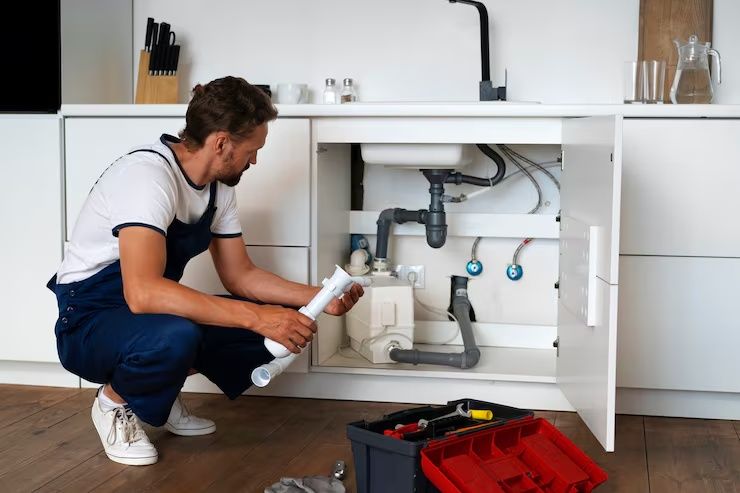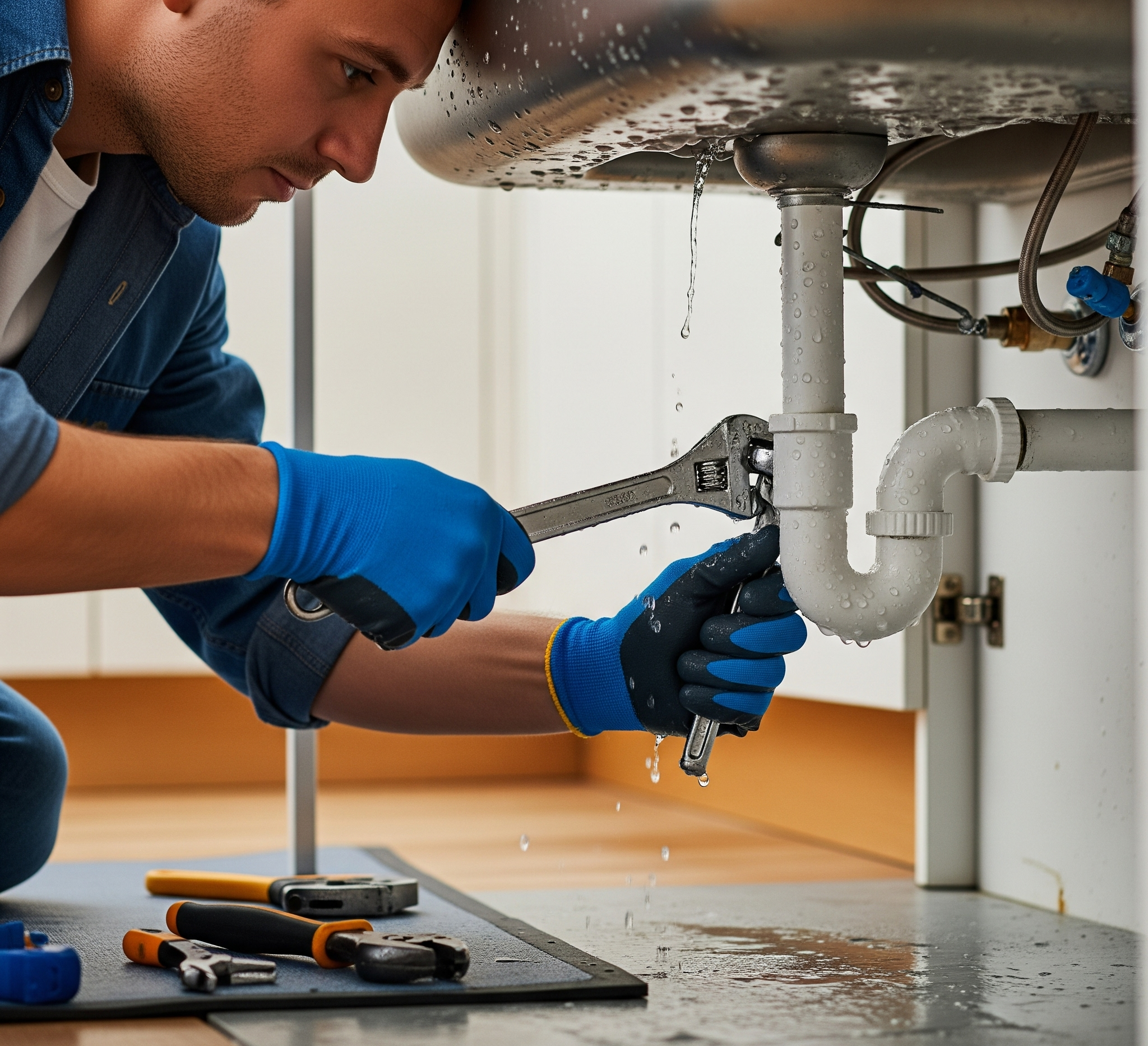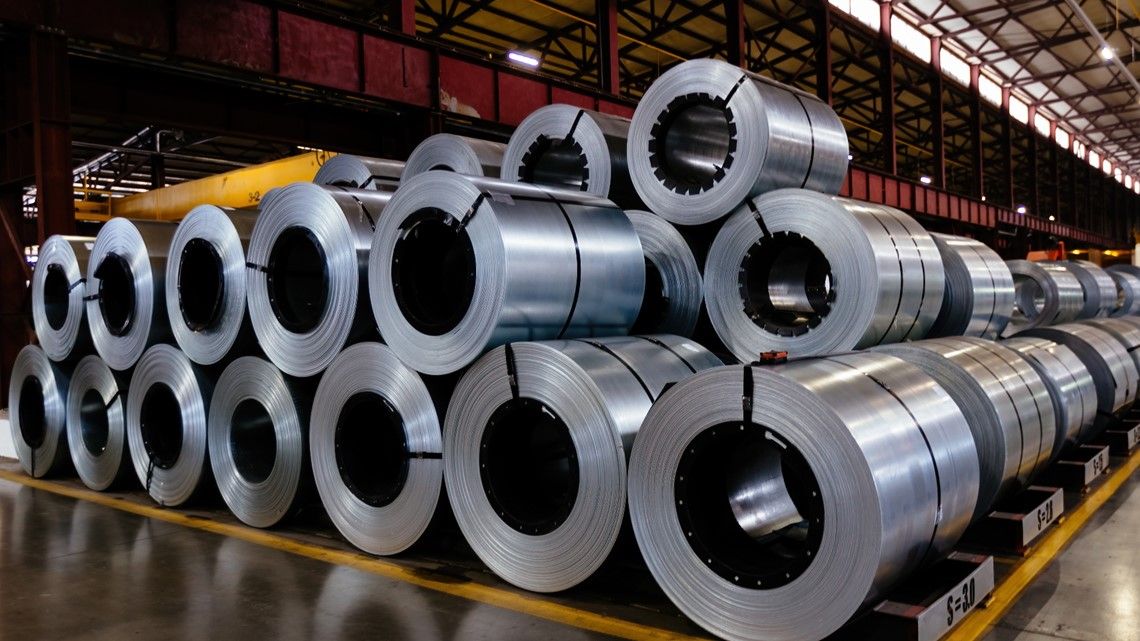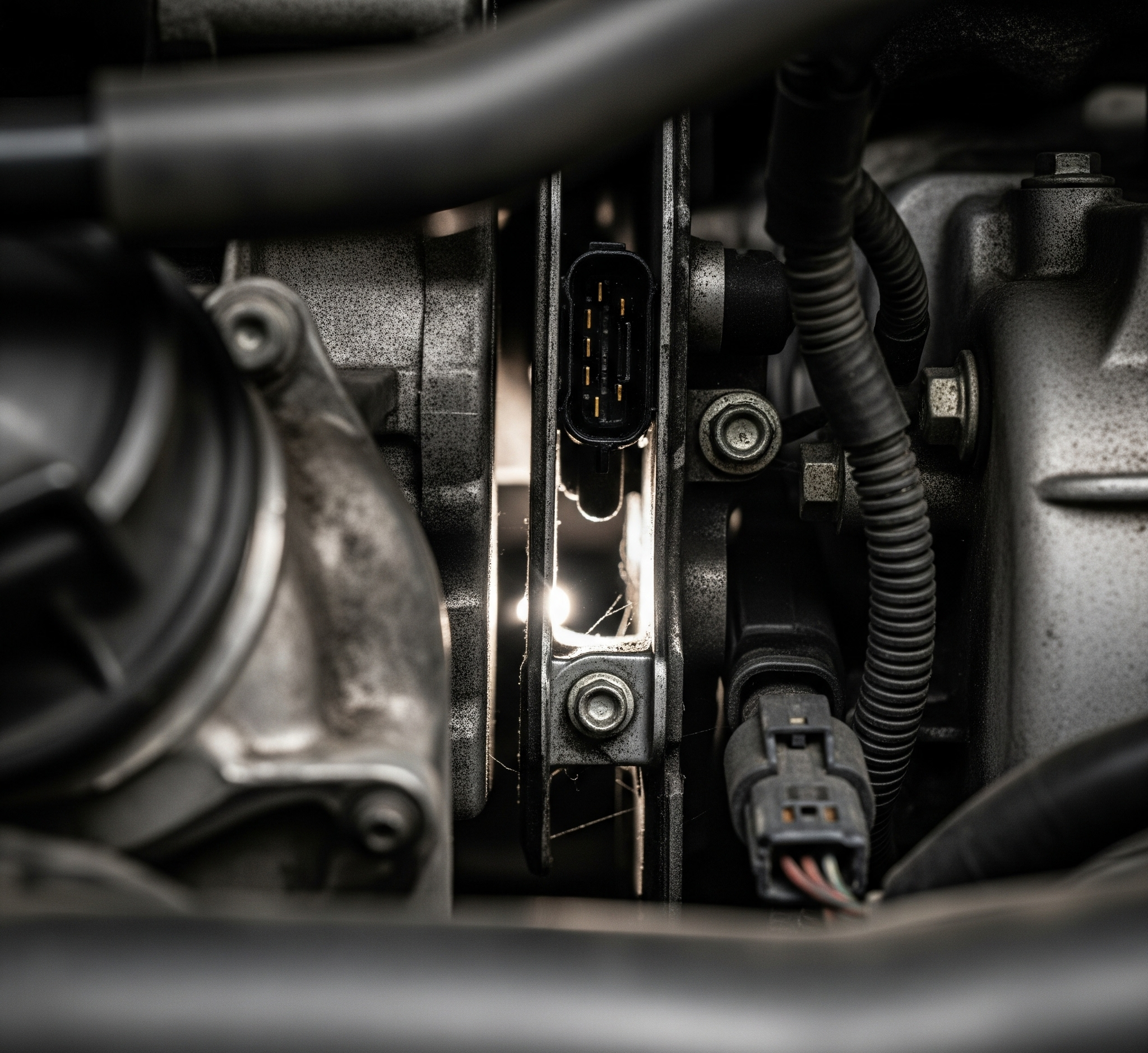Plumbing systems include water supply lines, drainage networks, heating systems, and appliances that use water, such as sinks, toilets, showers, and dishwashers. Without plumbing, modern life as we know it whether in households, healthcare facilities, or industries would not function effectively.

Importance
The importance of plumbing today cannot be overstated. It impacts nearly every aspect of daily life and addresses several critical needs:
-
Public health protection by ensuring clean water delivery and safe waste disposal.
-
Comfort and convenience by enabling showers, sinks, and heating systems to operate effectively.
-
Environmental responsibility by reducing water waste and encouraging efficient systems.
-
Disaster prevention by controlling leaks, bursts, and flooding that can damage buildings.
Plumbing matters to homeowners, renters, businesses, hospitals, and industries alike. It solves problems such as water contamination, insufficient water pressure, and poor drainage, all of which affect quality of life and safety.
Recent Updates
The plumbing sector has been evolving in response to technology and sustainability goals. Key updates from 2024–2025 include:
-
Smart plumbing systems (2024): New devices use sensors to detect leaks and track water usage in real time, helping to reduce waste.
-
Water-efficient fixtures (2024): The growing use of low-flow faucets, toilets, and showerheads aligns with global sustainability standards.
-
Green building certifications (2024): Plumbing design now often incorporates systems that meet certifications such as LEED, which encourage water conservation.
-
Remote monitoring (2025): Advanced plumbing controls can now be monitored through smartphone apps, increasing convenience and safety.
-
Greywater recycling (2025): More buildings are adopting systems that recycle lightly used water for irrigation or toilet flushing.
These updates reflect a strong trend toward integrating plumbing with sustainability and smart technology, shaping the future of water use worldwide.
Laws or Policies
Plumbing is regulated by local, national, and international standards that ensure safety, reliability, and environmental responsibility. Some key examples include:
-
Uniform Plumbing Code (UPC) and International Plumbing Code (IPC): Widely used in the United States, these provide standardized rules for installation and maintenance.
-
Water Regulations Advisory Scheme (WRAS) in the UK: Ensures plumbing materials and fittings comply with safety and hygiene standards.
-
Green building regulations: Many countries now require water-efficient plumbing in new construction projects.
-
Environmental protection laws: Rules about wastewater treatment and stormwater management influence plumbing design and operation.
-
Public health codes: Municipal authorities often enforce standards to prevent cross-contamination between potable water and wastewater systems.
These regulations guide plumbing design and maintenance to protect human health, conserve water, and reduce environmental impact.
Tools and Resources
Plumbing has a wide range of digital and practical tools that help both professionals and learners. These include:
-
Pipe sizing calculators: Online tools that help determine correct pipe dimensions for pressure and flow.
-
Smart water monitoring apps: Platforms that track consumption and alert users about leaks.
-
Building information modeling (BIM): Software that allows engineers to plan plumbing systems in 3D for accuracy and efficiency.
-
Government water efficiency guides: Public resources that explain approved water-saving technologies.
-
Educational courses and webinars: Platforms offering training on modern plumbing techniques and sustainable practices.
FAQs
What are the main parts of a plumbing system?
A typical system includes water supply lines, fixtures (such as sinks and toilets), drainage pipes, vent pipes, and appliances like water heaters.
How does smart plumbing work?
Smart plumbing uses sensors and internet-connected devices to monitor water flow, detect leaks, and provide data on usage, often accessible via a smartphone.
Why is water efficiency important in plumbing?
Water-efficient plumbing reduces unnecessary consumption, lowers utility demand, and supports environmental sustainability.
Are there new materials used in modern plumbing?
Yes. Cross-linked polyethylene (PEX) and other flexible piping materials are increasingly replacing traditional copper and PVC pipes due to durability and easier installation.
How often should plumbing systems be inspected?
Experts recommend annual inspections for residential systems and more frequent checks in commercial buildings, especially for high-use facilities.
Conclusion
Plumbing is one of the core systems that support modern society, connecting clean water supply with safe waste management. Its importance reaches beyond convenience, safeguarding public health, protecting the environment, and supporting sustainable living.
The industry is experiencing a shift toward smart technologies, efficiency, and recycling practices, ensuring plumbing remains aligned with the needs of the future. With strong regulations, innovative tools, and greater awareness, plumbing will continue to play a central role in shaping safe, comfortable, and sustainable living environments.





